Past Events
Primary tabs
Search Options
[ - ]
[ + ]
-
GMT +3
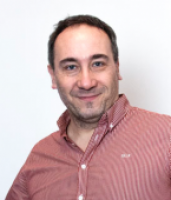
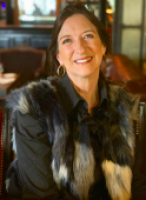
Online
Topic: Beginners-Intermediate
-
Eastern time
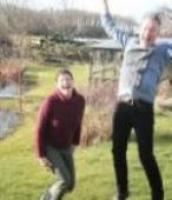
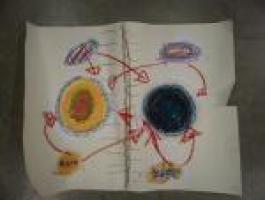
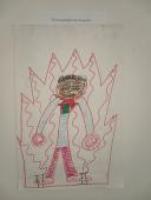
Designed for professionals working with children and young people of all ages-from toddlers to teenagers! Also open to parents, grandparents, caregivers, and anyone interested in learning these skills. Most importantly it’s available for YOU!
Topic: Beginners-Intermediate
-
CST, México City time
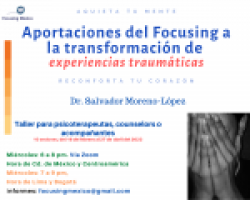
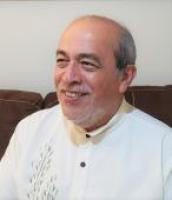
El taller enfatiza el desarrollo de habilidades y actitudes orientadas por el Focusing, y complementa con aportaciones de algunas investigaciones en neurociencias.
Online
Topic: FOT
-
Pacific Time
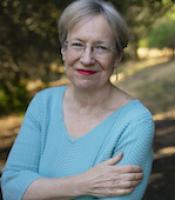

Discover powerful skills for life change based on self-acceptance and being present in the moment. Start to experience the process of Focusing and Focusing partnership. Learn how to cultivate an inner environment of calm, open, curious awareness which is the foundation from which lasting change emerges. Interactive beginning Focusing training by Zoom for 9 weeks, includes partnership practice.
Taught by Ann Weiser Cornell (author of The Power of Focusing) and Jinevra Howard.
Includes videos, demos, readings, discussion, group exercises, and individual sessions.
Taught by Ann Weiser Cornell (author of The Power of Focusing) and Jinevra Howard.
Includes videos, demos, readings, discussion, group exercises, and individual sessions.
Online via Zoom
Topic: Beginners-Intermediate
-
CST, México City time
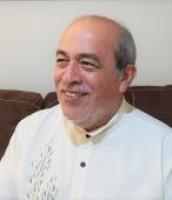
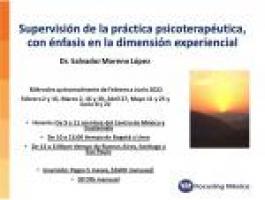
Desde una escucha experiencial iremos clarificando cómo la psicoterapeuta comprende a su consultante y orienta sus interacciones en las sesiones
Topic: FOT
-
Eastern (New York) Time
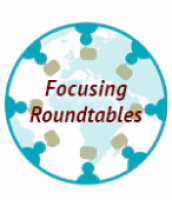
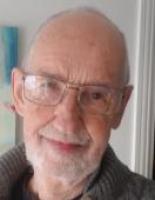
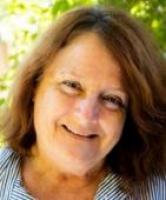
In this Roundtable, we will use the image of the coracle on the high seas as a departure point for our investigation into how we can use our own stories, experiences, Focusing Presencing and the support of each other in connection as we navigate the high seas in this time of multiple transitions and upheavals.
Online
Topic: Beginners-Intermediate, Intermediate/Advanced, Other, The Focusing Institute (TIFI) Events
-
Eastern Time, New York, USA
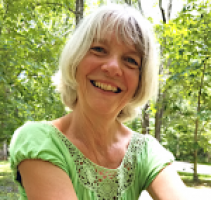
PART 2 is about deepening into the Focusing and Listening process by looking more at the role of the Companion. A companion to ourselves as well as others. I introduce neuroscience here. We develop further our personal concept of creating an inner space that welcomes it all and adapting that space as we follow our process. Requires some previous partnership experience.
Class meets six times on Tuesdays 7-9pm EST beginning February 8.
Class meets six times on Tuesdays 7-9pm EST beginning February 8.
Topic: Beginners-Intermediate
-
Pacific Time

Setting boundaries is complex and likely to bring up a lot of mixed feelings! In this free mini-course, we'll address three specific issues that can come up with boundaries, including:
- Learning how to tell if your needs are getting pushed aside (which often happens when you say yes but mean no)
- Discovering what a healthy boundary looks like and how simple they can be (something you probably didn’t learn growing up)
- Understanding what you’re saying yes to when you say no (and why this tip helps you communicate better with the people in your life)
Plus, we'll talk about what might be going on inside when someone says no to you.
No matter how challenging healthy boundaries might feel today…
You can get
- Learning how to tell if your needs are getting pushed aside (which often happens when you say yes but mean no)
- Discovering what a healthy boundary looks like and how simple they can be (something you probably didn’t learn growing up)
- Understanding what you’re saying yes to when you say no (and why this tip helps you communicate better with the people in your life)
Plus, we'll talk about what might be going on inside when someone says no to you.
No matter how challenging healthy boundaries might feel today…
You can get
On-demand course
Topic: Beginners-Intermediate, Intermediate/Advanced
-
Eastern Time
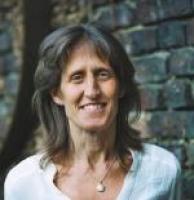
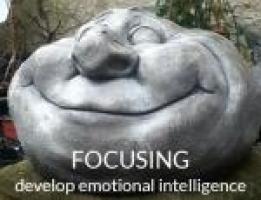
You don’t know Focusing and/or are interested in the basic level 1-5 Focusing course?
Please join us to get a taste of Focusing and to ask any questions you may have.
Please join us to get a taste of Focusing and to ask any questions you may have.
Online
Topic: Beginners-Intermediate
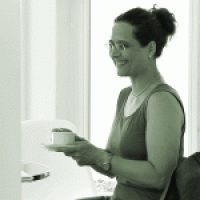
On February 5, 11:00 am - 01:00 pm EST (New York), we will discover the richness of a "...", highlight its potential, and deal with its obstacles.
- We will discover the many facets of a "..." and learn about its functions.
- We will explore different approaches to locating and maintaining a "..." so that it can be fully unlocked.
The Free Online Session is the first of 9 sessions of the 2022 series "Coffee with Gendlin - From Philosophy into Practice"
- You will receive a handout with the exercises from the session so that you can continue to experiment with a "..."
The session will be recorded, so you can listen to it later in case you cannot make it on February 5, or when the
- We will discover the many facets of a "..." and learn about its functions.
- We will explore different approaches to locating and maintaining a "..." so that it can be fully unlocked.
The Free Online Session is the first of 9 sessions of the 2022 series "Coffee with Gendlin - From Philosophy into Practice"
- You will receive a handout with the exercises from the session so that you can continue to experiment with a "..."
The session will be recorded, so you can listen to it later in case you cannot make it on February 5, or when the
Online
Topic: TAE/Philosophy
-
UK time.
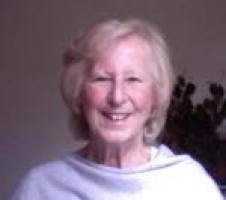
Thinking at the Edge is embodied thinking. It’s the crossover between thinking and sensing in a Focusing way. It’s especially helpful if you have some writing or study that you want to do; some area of exploration where you already have some knowledge.
Online
Topic: TAE/Philosophy
-
Eastern (NY) Time

My METHOD of teaching TAE follows the recommendation and style designed by Eugene T. Gendlin Ph.D. This means teaching TAE Steps and utilize these to a project of your choice. This way, you will learn both the Method of how to do TAE again and again on different topics, discover how each step functions AND you will be working on applying all of that to your own topic.MODULE ONE STEPS 1-5
Topic: TAE/Philosophy
-
European Time
Habay-La-Vieille, Belgium
Topic: Other
-
Eastern

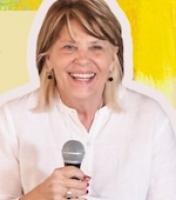
Join us for an hour to ask Stephen Porges, creator of Polyvagal Theory, questions connected to trauma, addiction, our bodies and physiology.
Online
Topic: FOT, Beginners-Intermediate, Intermediate/Advanced
-
Eastern Time

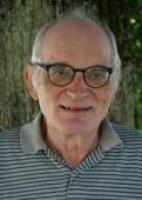
This is the last of our three part interactive online course. During our 6 classes, we will guide you in a playful way, through the third phase of TAE (steps 10 - 14). You will be connecting terms (words, phrases, concepts) to bring together what you have found in the preceding steps. This allows you to create a formal theory that is logical and rooted in felt-sensing, which can be applied to other fields and to your own topic.
Love your first experience with TAE and want more? You don’t have to have steps 1 - 9 to join us for this class.
6 two hour classes starting February 2, 2022
Love your first experience with TAE and want more? You don’t have to have steps 1 - 9 to join us for this class.
6 two hour classes starting February 2, 2022
Topic: TAE/Philosophy
-
Hora centroamericana (UTC-6)
En línea
Topic: Beginners-Intermediate
-
Pacific Time
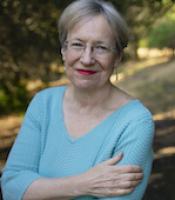
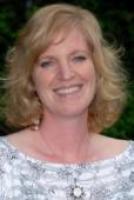
Go deeper into Focusing and Focusing partnership. Learn the skill of guiding with sensitivity and awareness. Interactive advanced Focusing training by Zoom for 9 weeks, includes partnership practice.
Taught by Ann Weiser Cornell (author of The Power of Focusing) and Carol Nickerson.
Includes videos, demos, readings, discussion, group exercises, and individual sessions. Partnership Proficiency Recognition awarded on completion.
Taught by Ann Weiser Cornell (author of The Power of Focusing) and Carol Nickerson.
Includes videos, demos, readings, discussion, group exercises, and individual sessions. Partnership Proficiency Recognition awarded on completion.
Online via Zoom
Topic: Intermediate/Advanced
-
Eastern Time
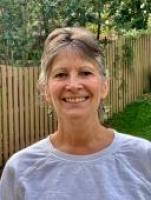

This is an introductory class to focusing and listening. It is a small study group with a free one on one initial session. The class is deliberately kept small to ensure each participant ends with a complete understanding of the process and begins to experience the benefits of what Focusing can provide. Individual attention will be given to each participant as needed as well as assigned partnerships between class dates.
Online
Topic: Beginners-Intermediate
-
Pacific Standard Time

This course, continuing from Level 1, is about the nurturing companion to a Focusing process. Cultivating Presence as the Companion and learning how the partner can support the Focuser's Presence. Advanced listening techniques are taught as well as how to "lead-in" the Focuser if they would like that.
Online; Central Coast of California, USA. Pacific Standard Time
Topic: Other
-
Eastern Time

In this series, we will see how Gendlin’s new world of process thinking transforms the work of psychotherapy. The awareness of how we are interacting rather than what we are talking about gives the therapy relationship a new environment, a new home base. We will show how the philosophical concepts illuminate the moment-to-moment therapeutic interaction, deepening and broadening our
understanding of what makes for growth and change.
understanding of what makes for growth and change.
Online Zoom Event
Topic: FOT

